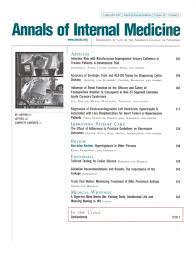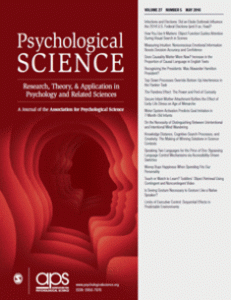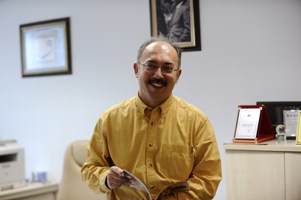 Advocates of low-carbohydrate diet are voicing concern about a recent paper that suggested the diet could cause weight gain, contrary to previous research. One expert has even called for its retraction.
Advocates of low-carbohydrate diet are voicing concern about a recent paper that suggested the diet could cause weight gain, contrary to previous research. One expert has even called for its retraction.
The study, published in Nutrition & Diabetes in February, also found that the low-carb diet did little to prevent the progression of type 2 diabetes. Researchers have since criticized the study for drawing these conclusions based on data from a handful of mice, using a poor proxy for the human version of the diet.
One expert took to social media to warn against the study’s message regarding the low-carb, high-fat diet (LCHF); for instance, obesity & nutrition researcher and author, Zoë Harcombe from Newport, Wales, tweeted: Continue reading Researchers decry study warning of low-carb diet risks

 A major medical journal has updated its instructions to authors,
A major medical journal has updated its instructions to authors,  It was
It was 


 Four different journals have pulled papers from the same authors due to alleged duplication or manipulation of images.
Four different journals have pulled papers from the same authors due to alleged duplication or manipulation of images. We’ve found another retraction for
We’ve found another retraction for 